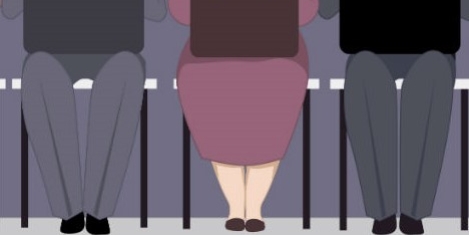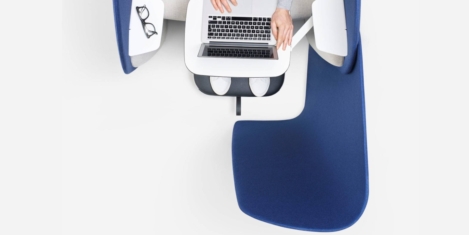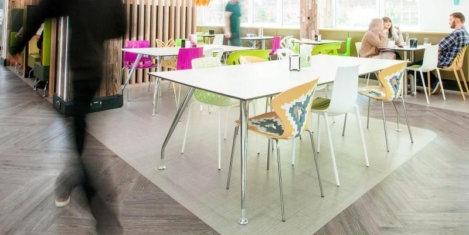May 24, 2019
One in eight people are unhappy at work
 The UK workforce is increasingly held back by mental health problems such as stress, depression and anxiety. According to a study of 23,000 full and part time workers by Robert Half UK, more than one in eight (13 percent) UK employees are unhappy at work, accounting for more than 4.3 million people. The UK has the highest rate of unhappiness in the workplace among the countries surveyed, including Canada, Australia, Germany and 4 percent higher than in the US. The research claims that one in three (31 percent) UK respondents admitted to finding their work stressful, while one in 10 (12 percent) employees report being dissatisfied with their work–life balance. More →
The UK workforce is increasingly held back by mental health problems such as stress, depression and anxiety. According to a study of 23,000 full and part time workers by Robert Half UK, more than one in eight (13 percent) UK employees are unhappy at work, accounting for more than 4.3 million people. The UK has the highest rate of unhappiness in the workplace among the countries surveyed, including Canada, Australia, Germany and 4 percent higher than in the US. The research claims that one in three (31 percent) UK respondents admitted to finding their work stressful, while one in 10 (12 percent) employees report being dissatisfied with their work–life balance. More →







 Today, the
Today, the 






 More than a third (37 percent) of employees aged 45 and over believe that age discrimination is an issue where they work, according to a new analysis from
More than a third (37 percent) of employees aged 45 and over believe that age discrimination is an issue where they work, according to a new analysis from 




 HP has published a new study underscoring the importance of sustainable business practices in recruiting, hiring and retaining top talent. It suggests that employees are more productive, motivated and engaged when working for an employer who is leading the charge in social responsibility. The global, 20,000-participant
HP has published a new study underscoring the importance of sustainable business practices in recruiting, hiring and retaining top talent. It suggests that employees are more productive, motivated and engaged when working for an employer who is leading the charge in social responsibility. The global, 20,000-participant 











May 20, 2019
Adversity and chaos can help to foster creativity 0
by Paul Goodchild • Comment, Workplace design
More →